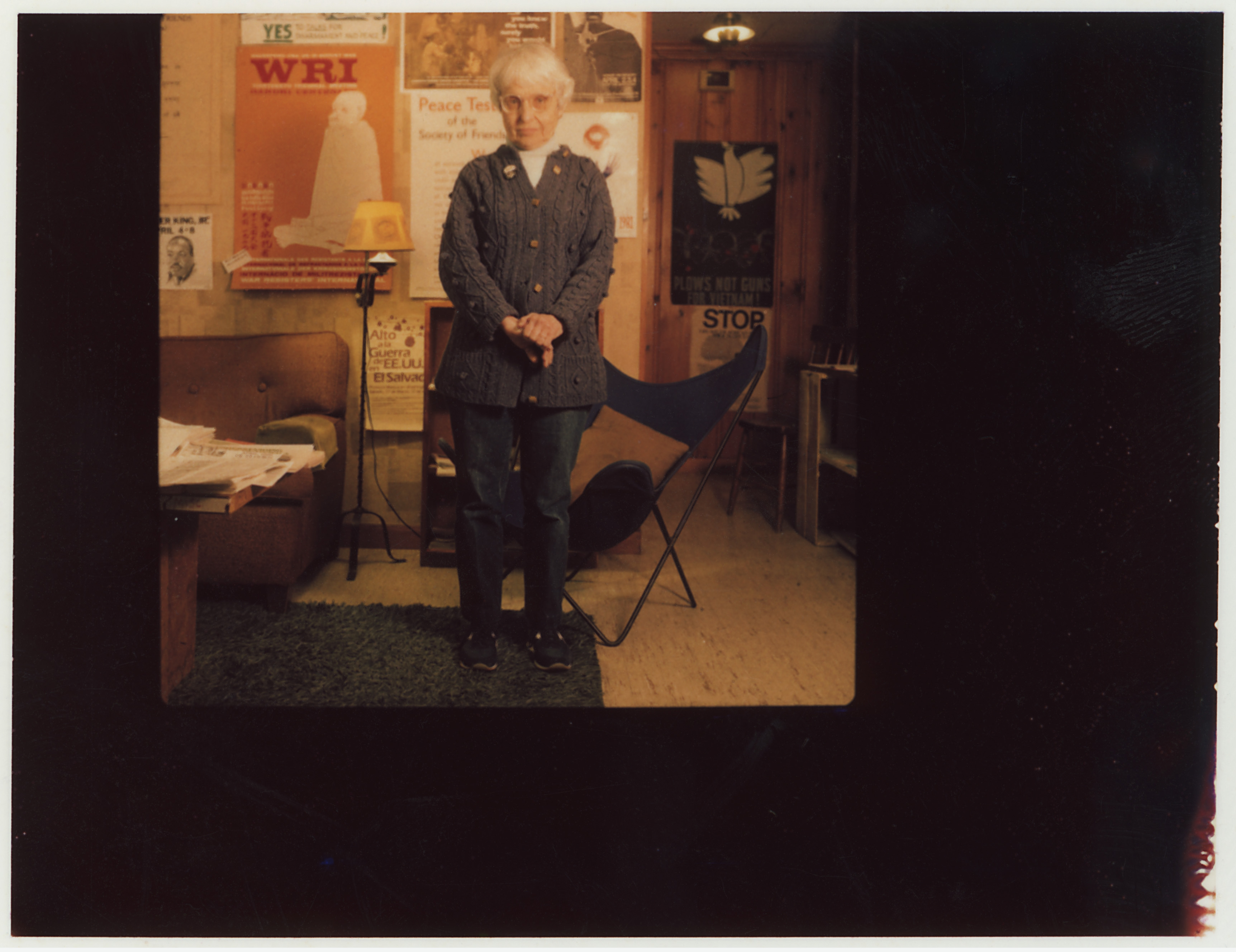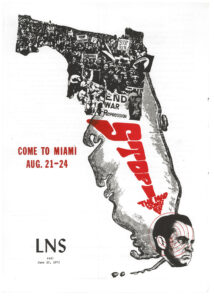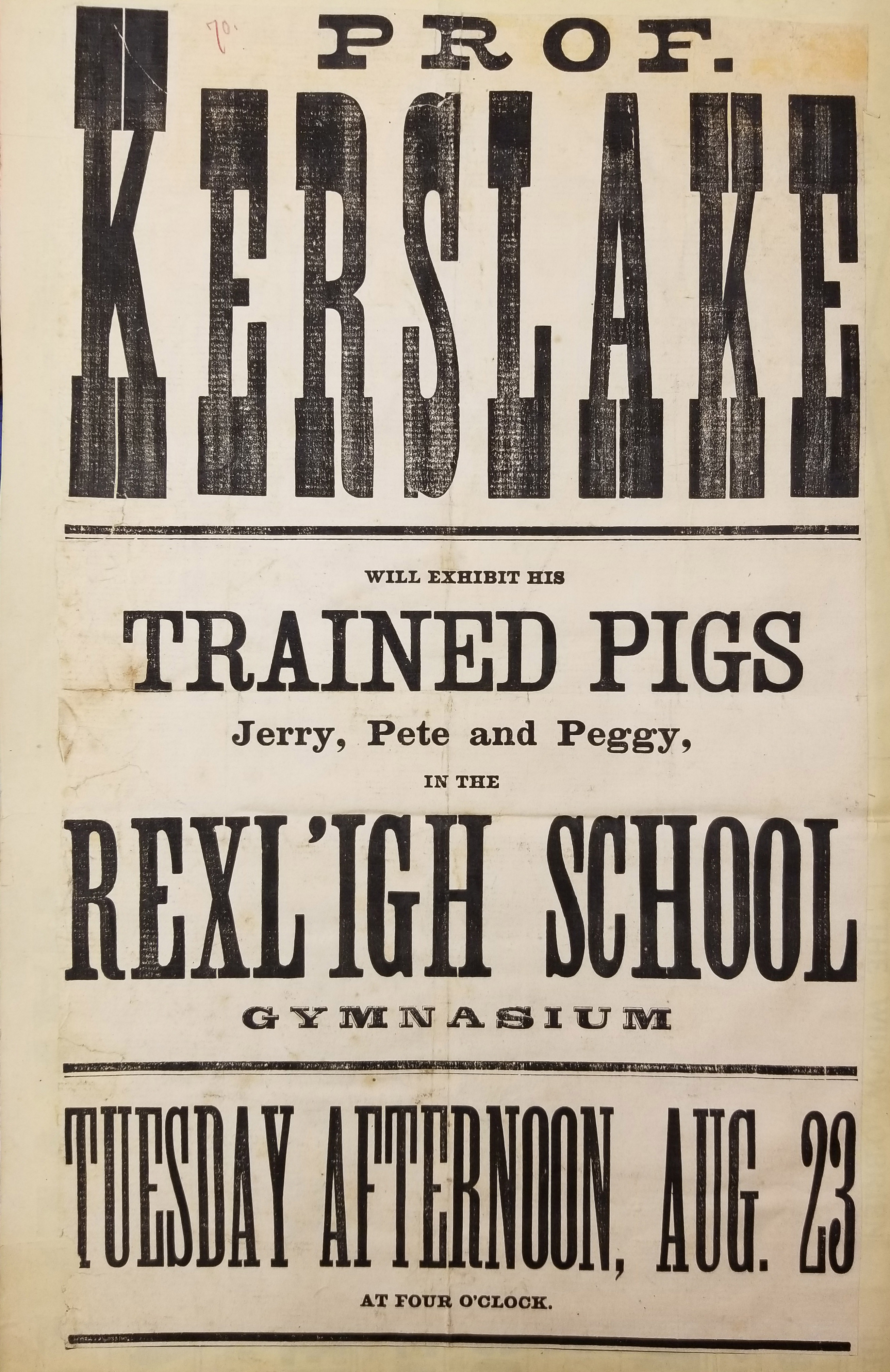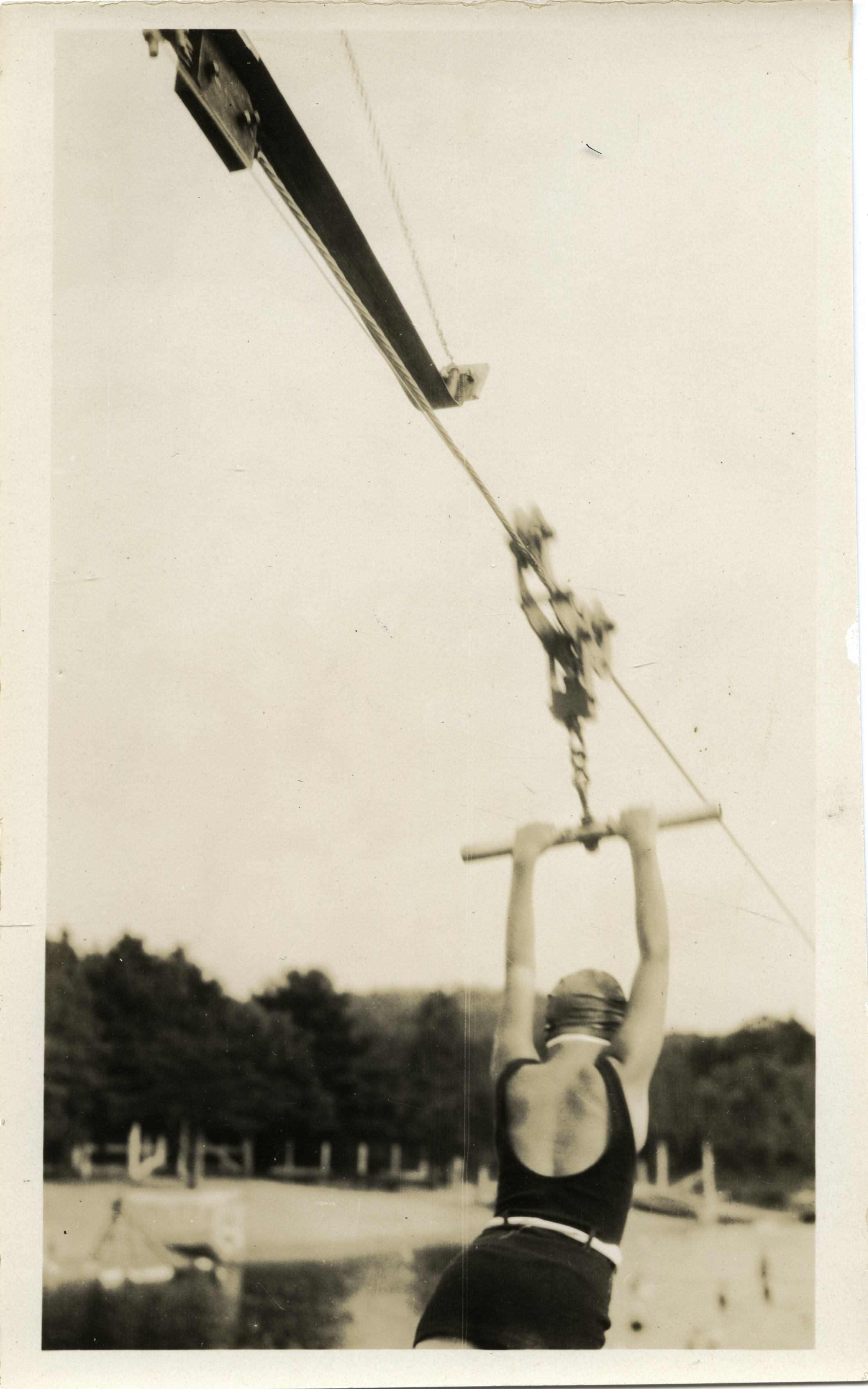Holyoke Co-operative Bank Collection
Holyoke Co-operative Bank was the third bank organized in Holyoke during the boom years of the 1870s and 80s. It was organized on July 24, 1880 and was the third bank organized there by E. L. Munn. The bank was located at 243 High Street in 1919 and 319 Appleton St. in 1951. In 1971, the bank merged with Community Savings Bank, which was a combination of Chicopee-Falls, Mechanics, and Springfield Five Cent Savings Banks. In 1988, Community merged with Heritage Bank to become the largest bank in Western Massachusetts. Heritage failed in 1992 and was taken over by Fleet Bank.
The collection here, which was acquired from the Holyoke History Room and Archives at the Holyoke Public Library in 2020, consists mostly of cash journals from the late 1920s to the late 1960s. There is also one box of Board of Investment minutes and shareholder lists. The collection originally resided at the Springfield History Library & Archives, who most likely acquired it after the bank had merged with Community Savings Bank in 1971, since the material in the collection ends in 1970.
For more information on the merger see:
Piccin, N. (1992, December 6). Heritage failure brings to close 158 years of WMass banking. Sunday Republican (Springfield, MA), A26.
Inventory
Box # |
Description |
Dates |
|---|---|---|
| Box 1 (record storage box) | Record of share withdrawals Board of Investment minutes Shareholders Shareholders Proof of Certificates |
1951-1970 1953-1970 1940-1960 1963-1970 1943-1960 |
| Box 2 (16″x20″ oversize box) | Transferred cash journal Real estate journal |
1941-1943 1940-1941 |
| Box 3 (16″x20″ oversize box) | Cash journal | 1948-1957 |
| Box 4 (16″x20″ oversize box) | General ledger | 1970-1971 |
| Box 5 (16″x20″ oversize box) | Cash journal Cash journal |
1927-1930 1931-1933 |
| Box 6 (16″x20″ oversize box) | Cash journal | 1935-1937 |
| Box 7 (16″x20″ oversize box) | Cash journal | 1960-1962 |
| Box 8 (16″x20″ oversize box) | Cash journal | 1963-1965 |
| Box 9 (16″x20″ oversize box) | Cash journal | 1965-1968 |
| Box 10 (16″x20″ oversize box) | Cash journal | 1968-1970 |
| Box 11 (16″x20″ oversize box) | Shareholder ledger | 1928-1932 |
| Box 12 (16″x20″ oversize box) | Transferred cash journal Cash journal |
1937-1941 1958-1959 |
| Box 13 (16″x20″ oversize box) | Shareholders ledger Collateral transfers |
1927 1908-1934 |




